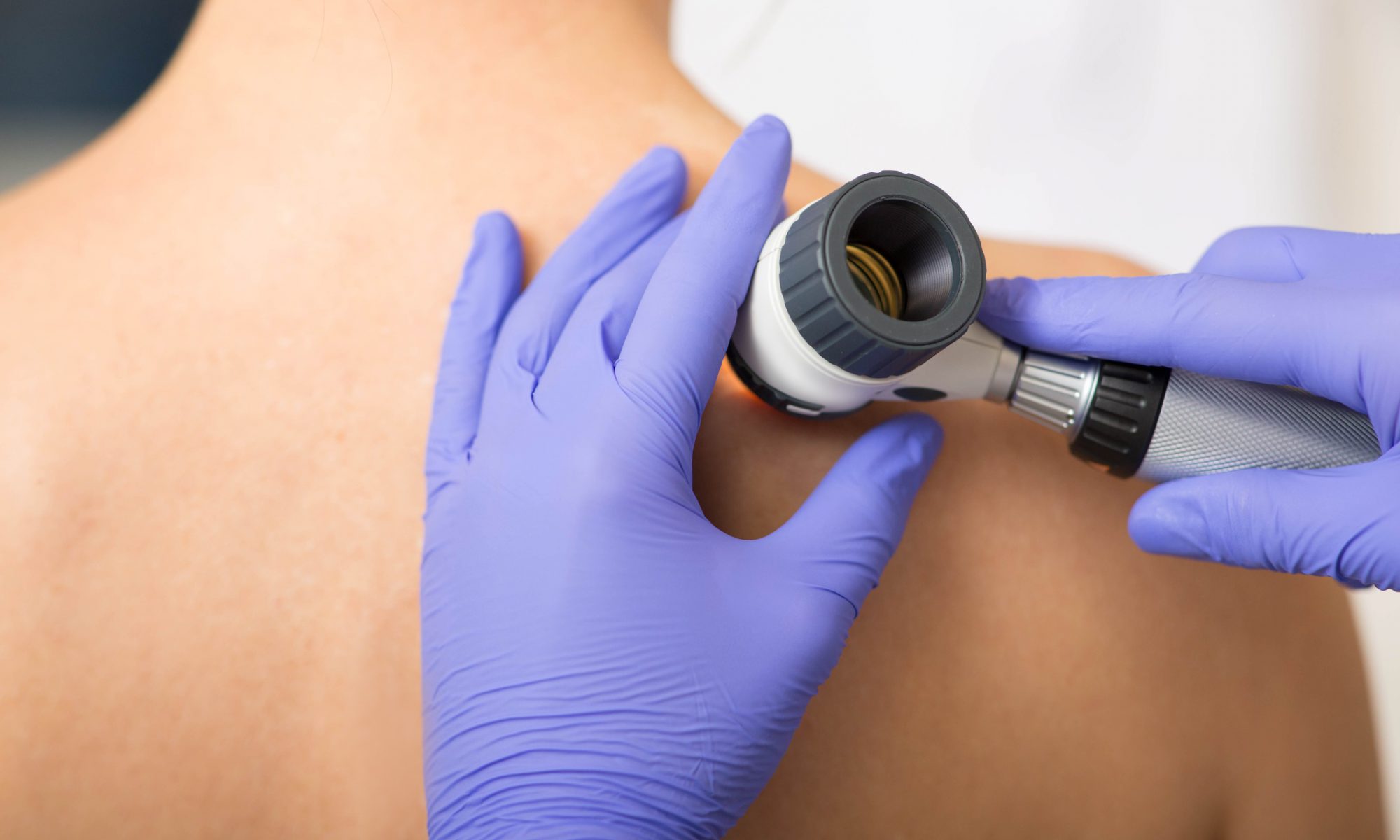The SGLT2 inhibitor dapagliflozin was associated with a reduced risk for hospitalization due to any cause in patients with chronic kidney disease with and without type 2 diabetes, according to a post hoc analysis of the DAPA-CKD trial. Read more in Healio.
Kidney transplant reunites high school classmates 2,000 miles apart
“I’d give my kidney for a …”
It’s not the most common idiom being bandied about, but you hear it from time to time, as a means of expressing a strong desire. Rarer, still, is the person who says, “I’d give my kidney.” Period. No qualifiers. Read the story in USA Today.
Twice as Nice: Twins Navigate Transplants Together
In 2022 the millionth organ transplant in the U.S. took place, and Atrium Health is proud to be part of that amazing accomplishment. Two of those recipients are fraternal twins Ashtin and Amelia, who credit their surgeons and the transplant and dialysis teams at Atrium Health for changing their lives.
Read more from Atrium Health.
Exercising in the morning could reduce CVD risk
The timing of physical activity could affect the risk for CVD, according to study findings published in the European Journal of Preventive Cardiology.
Using data collected from February 2013 to December 2015 in the UK Biobank, the researchers identified several “chrono-activity” (daily physical activity timing) subgroups of 86,657 participants (mean age, 62 years; 58% women).
Read the full story in Healio.
Flu, RSV, COVID-19: A ‘perfect storm for a terrible holiday season’
Influenza, respiratory syncytial virus and COVID-19 have come together to pose a serious health threat this holiday season, according to experts.
During a press conference, CDC Director Rochelle P. Walensky, MD, MPH, said the agency has documented at least 8.7 million influenza illnesses, 78,000 hospitalizations due to influenza and 4,500 influenza-associated deaths, as well as a 14 pediatric deaths caused by influenza. Read more from Healio.
New ISHLT Guidelines Support Use of CareDx’s HeartCare Solutions, AlloMap and AlloSure, in Routine Monitoring of Heart Transplant Patients
DECEMBER, 21, 2022
ISHLT Guidelines Recommend Earlier Use of AlloMap Heart Starting 2 Months Post-Transplant Based on Strength of Clinical Studies
ISHLT Guidelines Recommend Remote Use of GEP and dd-cfDNA Heart Transplant Surveillance, as in HeartCare, May be Used to Reduce the Need for Biopsies and Hospital Visits
BRISBANE, Calif.–(BUSINESS WIRE)– CareDx, Inc. (Nasdaq: CDNA) – The Transplant Company™ focused on the discovery, development, and commercialization of clinically differentiated, high-value healthcare solutions for transplant patients and caregivers – today announced the publication1 of new guidelines by the International Society for Heart and Lung Transplantation (ISHLT) supporting the use of CareDx’s non-invasive molecular surveillance portfolio. Read the complete press release on CareDx.com.
From ALS treatment to a historic transplant: The biggest medical breakthroughs of 2022
When COVID-19 arrived in the United States, it was all hands on deck. The country’s brightest scientific minds dropped whatever they were doing to join the effort against SARS-CoV-2, developing novel vaccines and treatments in record time.
Read the full story in USA Today.
Heart transplant recipient honors her donor ‘by living the best possible life I can’
Even now, years later, Linda Jara’s voice resonates with notes that can only be fully appreciated by certain people – people like her who carry someone else’s heart.
Her tone is filled with gratitude. Awe. Contemplation. Thoughtfulness. Sorrow. Exuberance. The overwhelming feeling that someone else – a total stranger – made the ultimate sacrifice of allowing their own heart to beat in someone else’s chest. Read the full story from the American Heart Association.
Penn Medicine Launches New Center for Living Donation to Increase Transplant Opportunities for Those in Need of Livers or Kidneys
The center aims to help drive the gift of living donation through exceptional care, community outreach
Newswise — PHILADELPHIA – The Penn Transplant Institute at Penn Medicine has opened a new Center for Living Donation which will expand Penn’s exceptional care for living donors, helping to maximize the number of lives saved through liver and kidney transplantation. For the thousands waiting on a lifesaving organ, living donation—when a living person donates an organ, or part of an organ, for transplantation to another person—can help those in need receive life-saving care sooner. Read more in Newswise.
Solid organ transplant patients may be at higher risk for skin cancer and require coordinated care
More than half of all patients who receive solid organ transplants will have an incidence of skin cancer at some point—most often a nonmelanoma cancer, such as basal cell carcinoma or squamous cell carcinoma. This increased risk can be several hundred times higher than in the general population. Read more in Medical Xpress.






